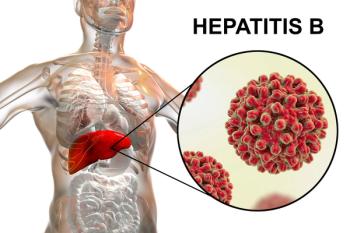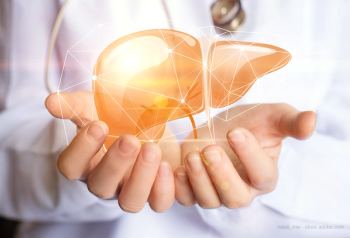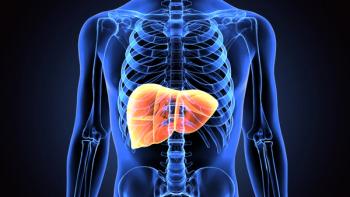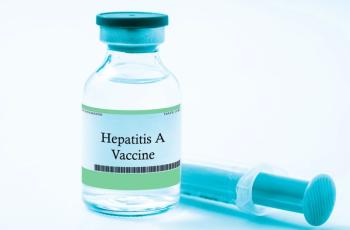
Study Shows Interferon-based Treatment of Hep C in Japan Reduced Hepatocellular Carcinoma Occurence
Researchers suggest future studies should compare interferon-based versus noninterferon-based treatment and the effects on hepatocellular carcinoma.
Hepatocellular carcinoma (HCC) is responsible for 90% of primary liver cancers worldwide. It is most often diagnosed in people who drink excessive amounts of alcohol or have long-term liver disease from hepatitis B or C infections.
HBV and HCV are responsible for chronic liver disease, including cirrhosis and cancer, in millions of people globally. The World Health Organization estimates that more than 58 million people were infected with HCV in 2021, while the CDC says there are 1.5 million new HCV cases every year.
In the United States, liver cancer rates rose dramatically over the past several decades, although the trend has leveled off recently. This year, the ACS projects there will be 41,210 cases of liver cancers (27,980 men and 13,230 women) and 29,380 deaths.
In 2016 the WHO launched a global hepatitis strategy with the goal of reducing new hepatitis infections by 90% and deaths by 65% by 2030.
Viral hepatitis is the leading cause of HCC in Japan, which led researchers from the International University of Health and Welfare in Tokyo to evaluated patient response to antiviral therapy and its effect on the number of HCC cases in Japan.
“In Japan, chronic hepatitis C has been the leading cause of HCC, accounting for 60% of HCC incidence in 2015,” writes
In their introduction, Yamagiwa and colleagues reference “molecular clock analysis” that shows that hepatitis C virus infections started in the late 19th century, spread in the 1930s and have been decreasing since the mid-1990s. Hepatitis C infection took off in the Japan in the early 20th century when the use of unsterilized needles to treat schistosomiasis spread the virus. Later contaminated blood products were responsible for more infections.
Against this backdrop, Yamagiwa’s team performed a systematic review and meta-analysis of observational studies on antiviral therapy for chronic hepatitis C and the risk of HCC occurrence in the Japanese population.
They identified 932 articles on antiviral therapy for chronic hepatitis in Pubmed using the following search terms: interferon or daclatasvir or asunaprevir or sofosbuvir or ledipasvir or ombitasvir or paritaprevir or ritonavir or elbasvir or grazoprevir or beclabuvir or glecaprevir or pibrentasvir or velpatasvir or direct acting antiviral and hepatitis C and hepatocellular carcinoma or liver cancer or neoplasm and Japan or Japanese. That large group of studies was winnowed down to just 26, all of which examined only interferon-based therapy as a result of the selection process. The authors note that future studies and reviews should examine the effects of sustained virologic response (SVR) to interferon-free therapy on HCC occurrence by comparing SVR to interferon-free therapy with SVR to interferon-based therapy.
But the results of this study showed, as researchers reported, that SVR to IFN-based therapy for chronic hepatitis C did, in fact, reduced the risk of HCC occurrence. One question is whether interferon itself is responsible and Yamagiwa’s group mentions its tumoricidal, antiproliferative, and immunomodulatory effects.
They note that the risk of HCC can remain during follow-up in patients with SVR. The risk may be related to advanced fibrosis, older age, drinking alcohol or diabetes. Consequently, lifestyle changes along with surveillance for HCC recurrence may be needed, they suggest.
Newsletter
Get the latest industry news, event updates, and more from Managed healthcare Executive.























